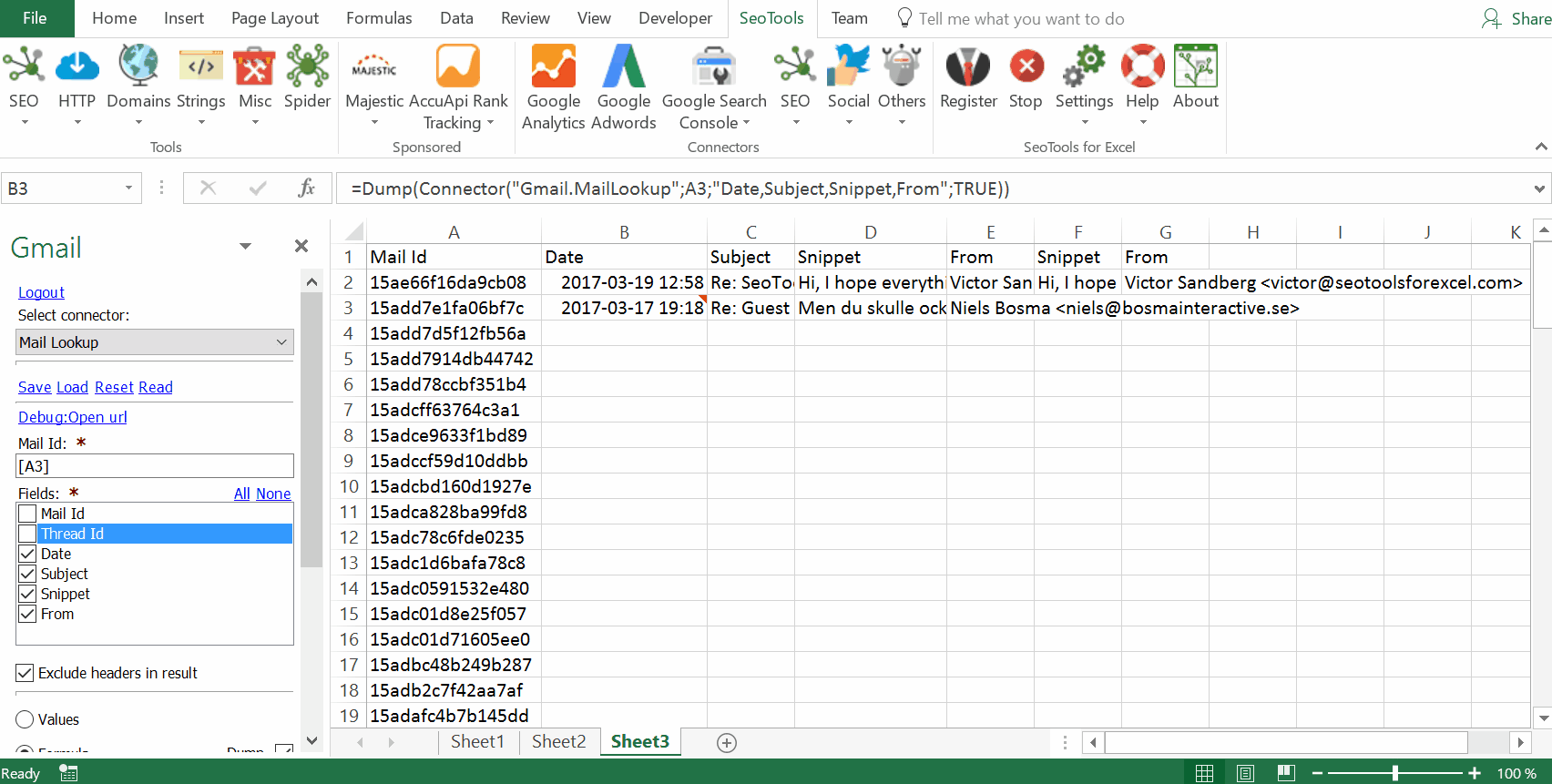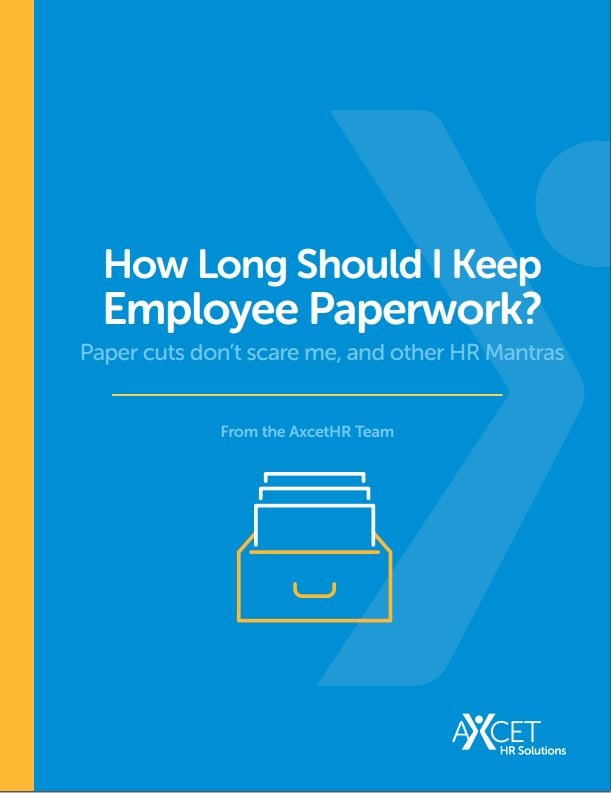5 Essential Documents for Scrapping Your Car
In the bustling world of automotive management, few tasks can seem as daunting as car scrapping. Whether you're downsizing your vehicle fleet, dealing with an old, non-functional car, or simply aiming for a more environmentally friendly disposal method, the process involves a series of crucial steps, including documentation. Understanding the essential documents required for scrapping a car can streamline this process, ensuring you comply with legal requirements and environmental standards. In this comprehensive guide, we'll delve into the five crucial documents you'll need to effectively manage the scrapping of your vehicle.
The Certificate of Title
The foundation of any car scrapping procedure is the Certificate of Title. This document is the legal proof of ownership for your vehicle, which confirms that you have the legal rights to scrap it. Here’s what you need to know:
- Verify Ownership: Ensure the title is in your name or that you have the authority to dispose of the vehicle.
- Check Liens: If there are any liens on the car, these need to be cleared before you can proceed with scrapping.
- Sign Over: When turning in your car to a scrap yard or recycling facility, you must sign the title over to them, effectively transferring ownership.
Vehicle Registration
Although registration isn’t a title, it’s equally important. This document confirms that your vehicle was registered with the state or country’s Department of Motor Vehicles (DMV) or equivalent agency:
- Proof of Registration: You’ll need to show the current registration or deregistration certificate to demonstrate compliance with local laws.
- Deregistration: Depending on where you live, you might need to deregister your vehicle before scrapping it, a process that could require the submission of the vehicle registration.
Bill of Sale
If you’ve purchased the car recently or it was not registered in your name, the Bill of Sale becomes pivotal:
- Evidence of Purchase: It proves you legally acquired the vehicle, which might be necessary if the title isn’t in your name.
- Transaction Details: The Bill of Sale should include information like the vehicle’s VIN, the sale price, and the date of sale.
📝 Note: The Bill of Sale may not be required if the title is already in your name.
Release of Liability Form
To officially document your intent to no longer be responsible for the vehicle, you’ll need to file a Release of Liability form:
- Legal Protection: This form can protect you from future liabilities related to the vehicle once it is scrapped.
- Procedure: Typically, this involves submitting the form to the DMV after you’ve delivered the vehicle to the scrapyard.
| Document | When Required | Where to Submit |
|---|---|---|
| Release of Liability Form | At the time of vehicle disposal | DMV or equivalent agency |
Scrapping Authorization or Certificate
The final piece in the car scrapping puzzle is either an authorization from a regulatory body or a certificate issued by the scrapyard:
- Scrap Authorization: Some regions require a special permit or authorization to ensure the vehicle is handled properly.
- Certificate of Destruction: Upon scrapping, the recycling facility will issue this document, which you might need to submit to your insurance company or the DMV.
In summarizing this extensive journey through the world of car scrapping, let’s recall the key documents and their importance. Each one serves a specific purpose in ensuring that the process is legal, environmentally responsible, and free from future liabilities for the vehicle owner. Here’s what we’ve covered:
- The Certificate of Title proves ownership and is essential for legal transfer to the recycling facility.
- Vehicle Registration verifies that the car has been registered and potentially deregistered, adhering to local laws.
- Bill of Sale acts as evidence of purchase, vital if the title isn’t in your name.
- Release of Liability Form protects you from potential future claims or responsibilities.
- Scrapping Authorization or Certificate ensures compliance with environmental regulations and provides documentation of the vehicle’s final disposal.
By meticulously gathering and submitting these documents, you’re not just fulfilling legal obligations but also contributing positively to environmental conservation by ensuring the car is disposed of properly. Scrapping a car can be an eco-friendly decision if done right, and understanding these documents is a critical step in that process.
Can I scrap my car if it’s still registered in someone else’s name?
+Technically, you cannot scrap a vehicle unless you have legal ownership, which is usually proven by the title being in your name. However, if you’ve recently purchased the car, a Bill of Sale can sometimes suffice if other conditions are met.
What happens if I scrap a car without deregistering it?
+Scrapping a vehicle without deregistering it could lead to future complications, including potential liabilities for traffic violations or fees, as the vehicle is still technically considered on the road. Deregistration ensures your legal obligations are met.
Do I need to pay any fees when scrapping a car?
+While not always the case, some jurisdictions or recycling facilities might require fees for administrative processes like deregistration or the actual scrapping. It’s wise to inquire about any associated costs when planning to scrap a vehicle.



